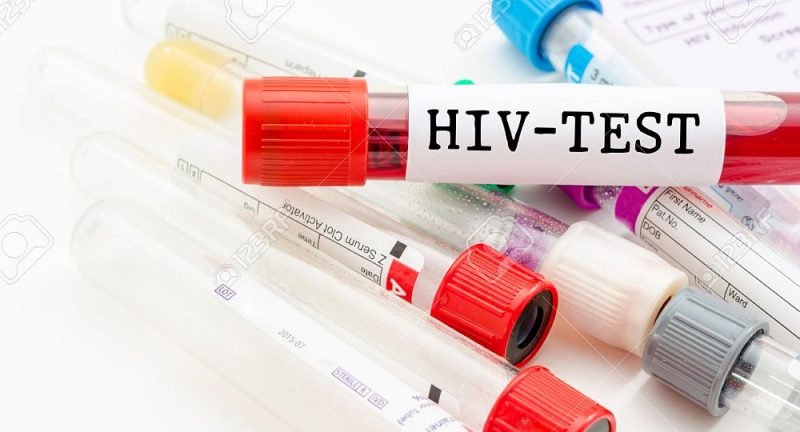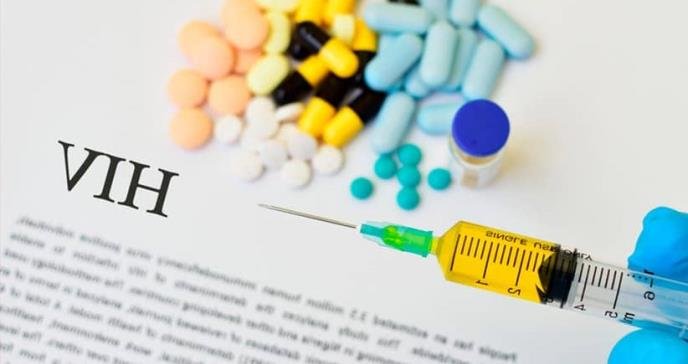Health officials promote testing after CDC ranks Orlando No. 3 for new HIV cases.
National HIV Testing Day is this weekend and organizations are offering free testing at various locations.
ORLANDO, Fla. – Health officials are urging people to get tested for HIV and other sexually transmitted diseases after the Center for Disease Control’s latest study showed Orlando as third in terms of new HIV diagnoses.
This push from officials is coming right before the National HIV Testing Day this upcoming weekend.
Health officials News 6 spoke with say while they are urging people to be regularly tested for HIV, they do want to remind people when looking at those results from the CDC study, to be mindful that there are a variety of factors that could lead to why Orlando is seeing those high numbers.
“We don’t have like an exact reason as to why Orlando is so high, but we are a vibrant community and we have a lot of attractions here,” LGBT Plus Center of Orlando director Keyna Harris said.
Harris said there is no one answer as to why numbers of new HIV infections are so high in Central Florida.
According to the CDC, Orlando comes third behind Miami and Atlanta in new diagnoses with a rate of 25.1 per 100,000 and Florida overall having more than 4,387 new cases.
Harris said based on her own testing data she saw an increase in some HIV-reactive cases, but a large decrease in testing.
“Hopefully that means you know that individuals needing the care finally felt comfortable or understood that hey we are technically in a health crisis and I should probably take care of what I already may know is happening with my body,” Harris said.
Down the street, at Out of the Closet Thrift Store, they are urging people to get tested by offering free testing.
Dr. Daniel Odongo is the manager at AHF Pharmacy.
“I mean at the end of the day not knowing your status is not an option, you owe it to yourself to know your status,” Odongo said.
AHF pharmacy said when people don’t know their status they tend to participate in more risky behaviors and said testing can reduce any further spread.
“As the data shows when people know their status there are behavioral changes that go there, there is a level of awareness that goes there and once they go into treatment and undetectable they won’t be able to spread the virus,” Odongo said.







